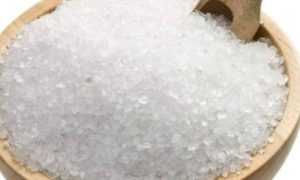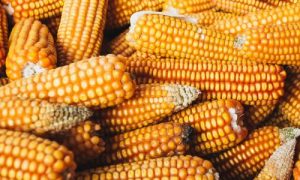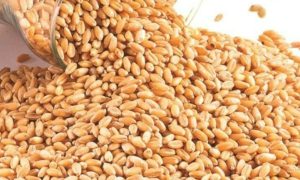How US tariffs will impact South Africa’s agriculture and automotive sectors

South Africa faces a major export crisis as the U.S. imposes a 30% tariff on its exports starting August 1, 2025. The citrus, wine, macadamia, automotive, and metals sectors are especially vulnerable. Parliament warns of rural economic collapse, urging urgent government intervention. Support measures like export financing and market diversification are being demanded to protect jobs and industries.
South Africa’s export-dependent industries are bracing for an unprecedented disruption as a 30% tariff on exports to the United States is set to take effect on August 1, 2025. This policy shift is expected to impact the country’s vital sectors, especially agriculture, automotive manufacturing, and metals.
Citrus, wine, and macadamia
Among the most severely exposed is South Africa’s citrus industry, which is the second-largest in the world. The US currently imports about R1.8 billion worth of South African citrus annually, sustaining approximately 140,000 jobs across the value chain.
A 30% tariff could effectively price South African produce out of the US market, despite strong demand driven by declining local production in Florida.
Wine and macadamia exporters can also expect to experience major setbacks. The US has been a key growth market for South African wines and tariff-induced price hikes could erase margins entirely. Macadamia exporters, already suffering from a global oversupply, will see competitiveness vanish, especially for smallholder farmers in Limpopo and Mpumalanga.
Auto industry
The Eastern Cape’s automotive sector, already dealing with a 25% tariff since April, will be further hamstrung by the broader 30% import tax. In 2024, the US bought R35 billion in luxury vehicles and components from South Africa — a third of which consisted of auto parts manufactured by smaller suppliers.
Steel and aluminium
Heavy industry isn’t spared either. According to early projections, steel and aluminium exporters could be hit with tariffs as high as 50%. These sectors are crucial not only for direct exports but also as suppliers to automotive, construction, and energy projects.
The effect across supply chains — from mines to fabrication plants to shipping — could result in job losses, factory closures, and significant GDP contraction.
Agriculture
The agricultural sector, which contributes over 10% of South Africa’s export revenue, now finds itself exposed in multiple areas. Beef, wine, and niche exports such as cold-pressed oils and processed fruits are all facing sudden erosion of competitiveness.
A recent analysis by the National Agricultural Marketing Council highlights the larger context: a global rise in protectionism, with the WTO recording record numbers of restrictive trade measures in 2025. South Africa is among the worst-hit, especially given its high compliance with global trade norms but limited leverage in bilateral negotiations.
Parliament weighs in
The Select Committee on Economic Development and Trade has urged the government to act urgently. Chairperson Sonja Boshoff described the tariffs as “a direct assault on our rural economy and industrial base,” warning that the impact would stretch far beyond exporters.
“Entire rural economies and towns — especially those dependent on citrus, wine, or macadamia farming — are in jeopardy,” said Boshoff. “We cannot afford to wait for the axe to fall. Intervention is needed now.”
She called on the Department of Trade, Industry and Competition (DTIC) to fast-track support packages for affected industries, including logistics relief, export financing, and rapid market reorientation.
To Read more about Agri News continue reading Agriinsite.com
Source : IOL

















